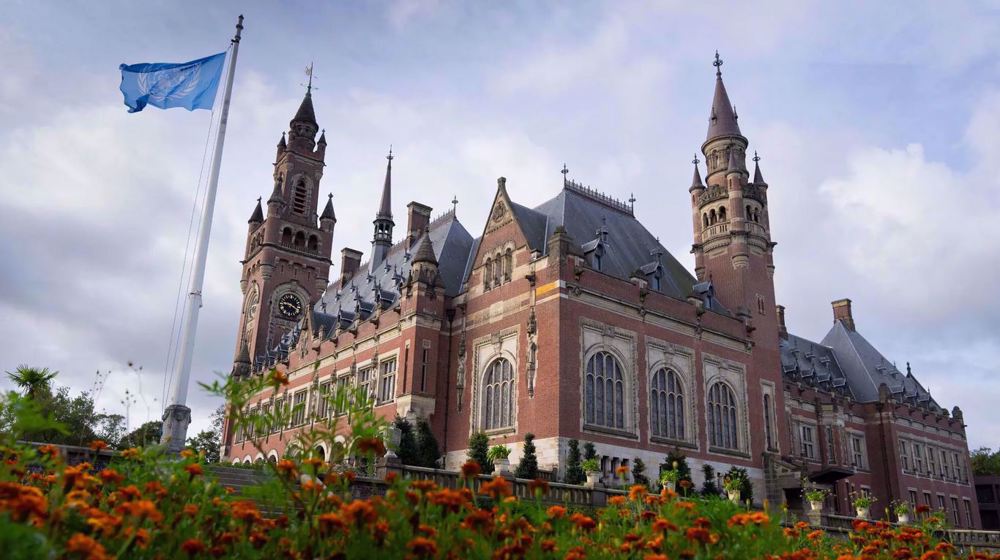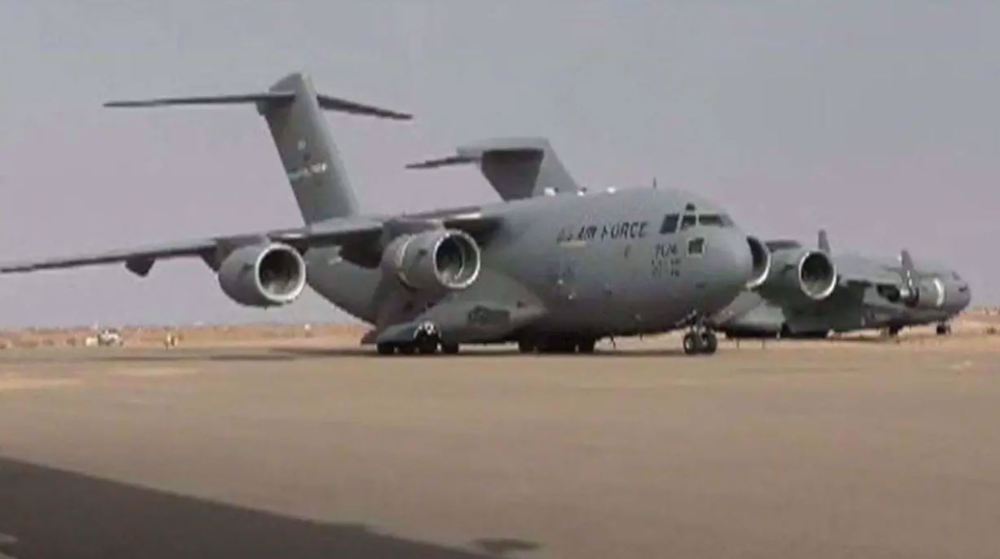UN chief urges immediate halt to Central Africa violence
UN chief Ban Ki-moon has denounced recent bloodshed in the Central African Republic (CAR) where clashes between members of the former Seleka rebellion killed scores of people.
The clashes between rival armed groups from ex-Seleka in Bria northeast of the capital Bangui killed 85 people and displaced nearly 11,000 people, according to the UN.
In a statement on Monday, the UN chief urged the armed groups to "immediately stop the violence and genuinely commit to ongoing efforts to address the root causes of the conflict."
The fighting was said to have broken out between the Popular Front for the Renaissance of the Central African Republic (FPRC) and the Union for Peace in Central Africa (UPC).
The two factions have been engaged in sporadic fighting over control of taxes levied on nomadic Fulani herdsman during the current seasonal migration.
In March 2013, the Central African Republic plunged into chaos when then-president Francois Bozize was toppled and replaced by Michel Am-Nondokro Djotodia, the first Muslim to hold the presidency in the country.
Djotodia's opponents then formed "anti-Balaka" vigilante units, drawn from the Christian majority, which began to target Muslims and commit widespread atrocities.

In 2014, some 11,000 peacekeepers were deployed by the UN to the country as part of MINUSCA or the Multidimensional Integrated Stabilization Mission in the Central African Republic.
Seleka and anti-Balaka representatives signed a ceasefire agreement later that year but the country has not yet fully emerged from its bloody past.
The UN’s humanitarian coordinator for Central African Republic, Fabrizio Hochschild, said in a statement on Monday that almost half of the country's population of over four million people are in dire need of humanitarian aid.
According to the UN Office for the Coordination of Humanitarian Affairs (OCHA), hundreds of people have been killed and many more displaced since a deadly series of clashes broke out in the country in September.
Israeli settlers torch Palestinian cars, homes in West Bank town
Iranian diaspora in EU, UK deplore ban on national airline
VIDEO | Press TV's News Headlines
Israel’s military struggling with shortage of troops: Report
Iran calls for more efforts to establish peace in Gaza, Lebanon
Israel targets journalists in southern Lebanon to mask atrocities
Trump vs Harris: A choice between two deranged war hawks who cheer genocide in Gaza
Over 1,800 Palestinians killed in Israel’s month-long attacks in northern Gaza










 This makes it easy to access the Press TV website
This makes it easy to access the Press TV website